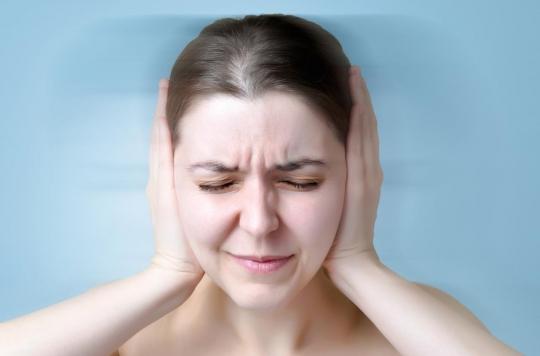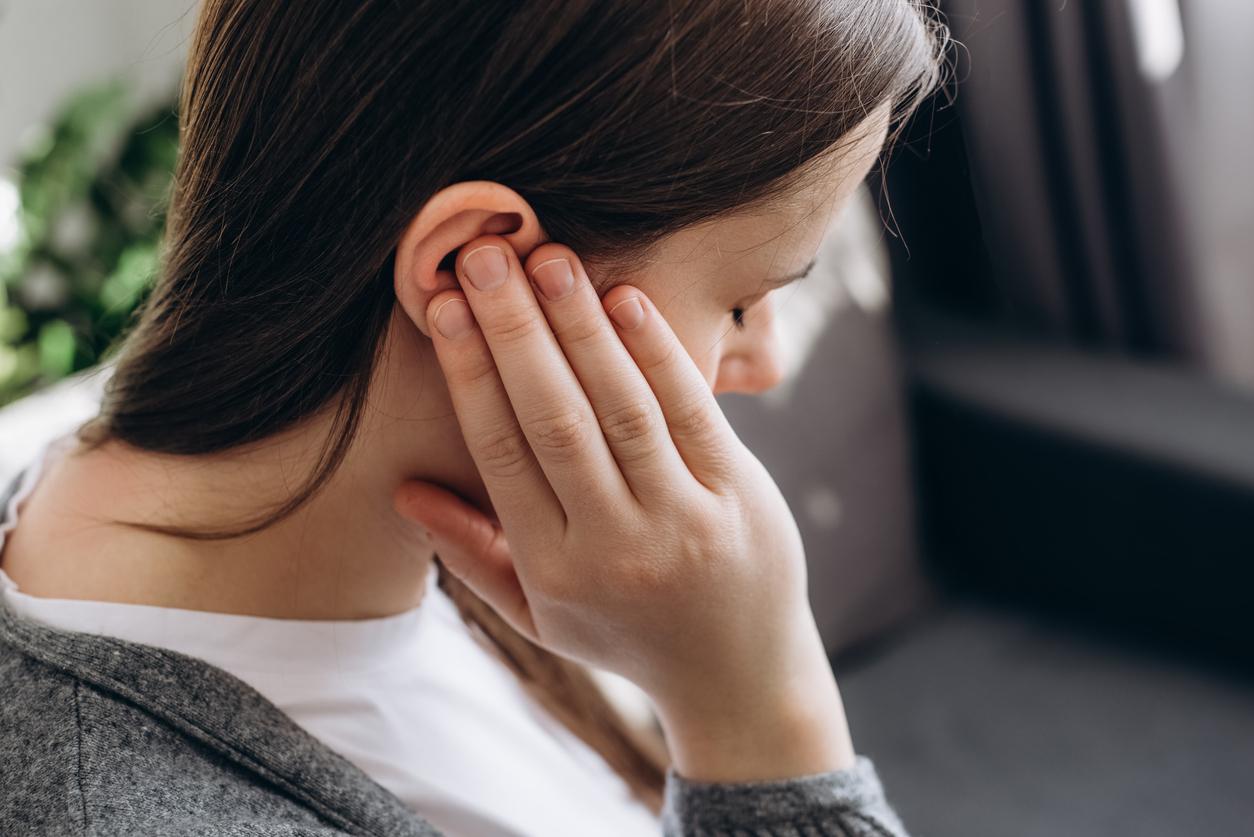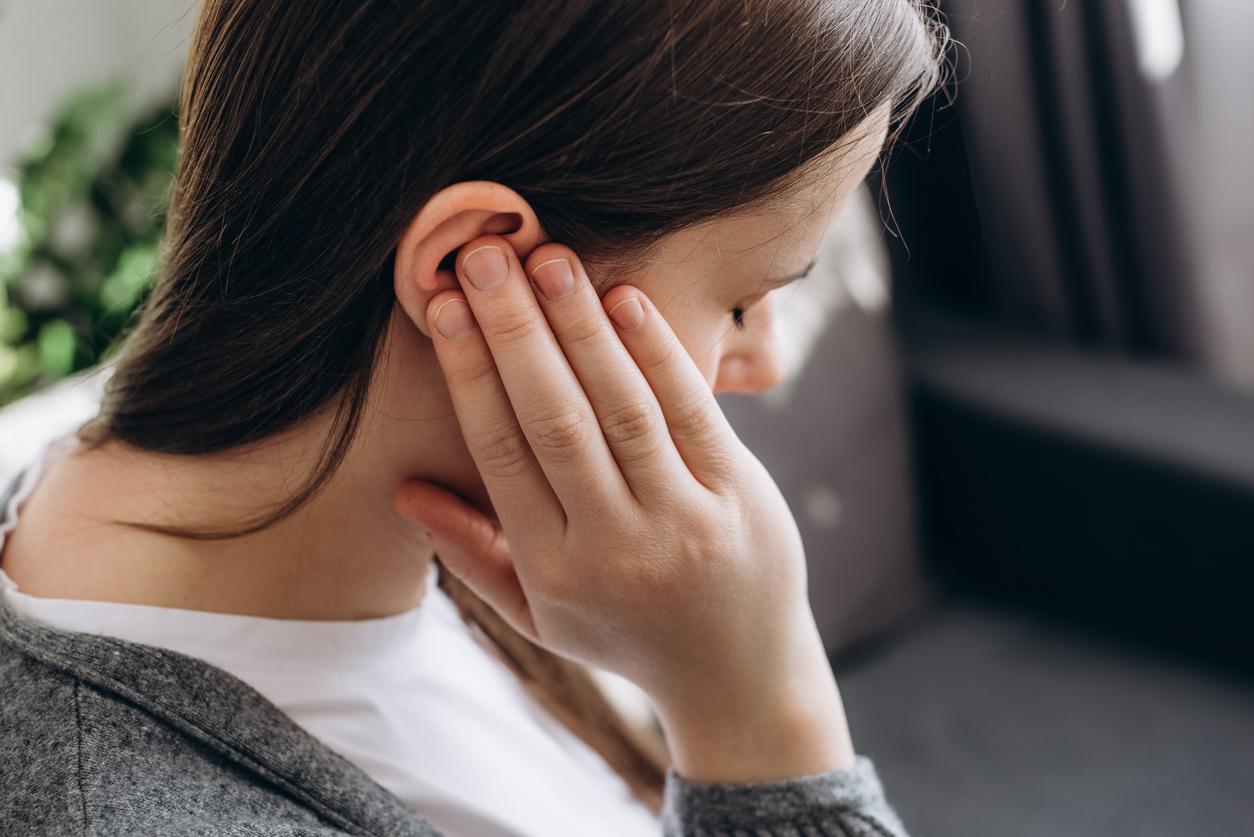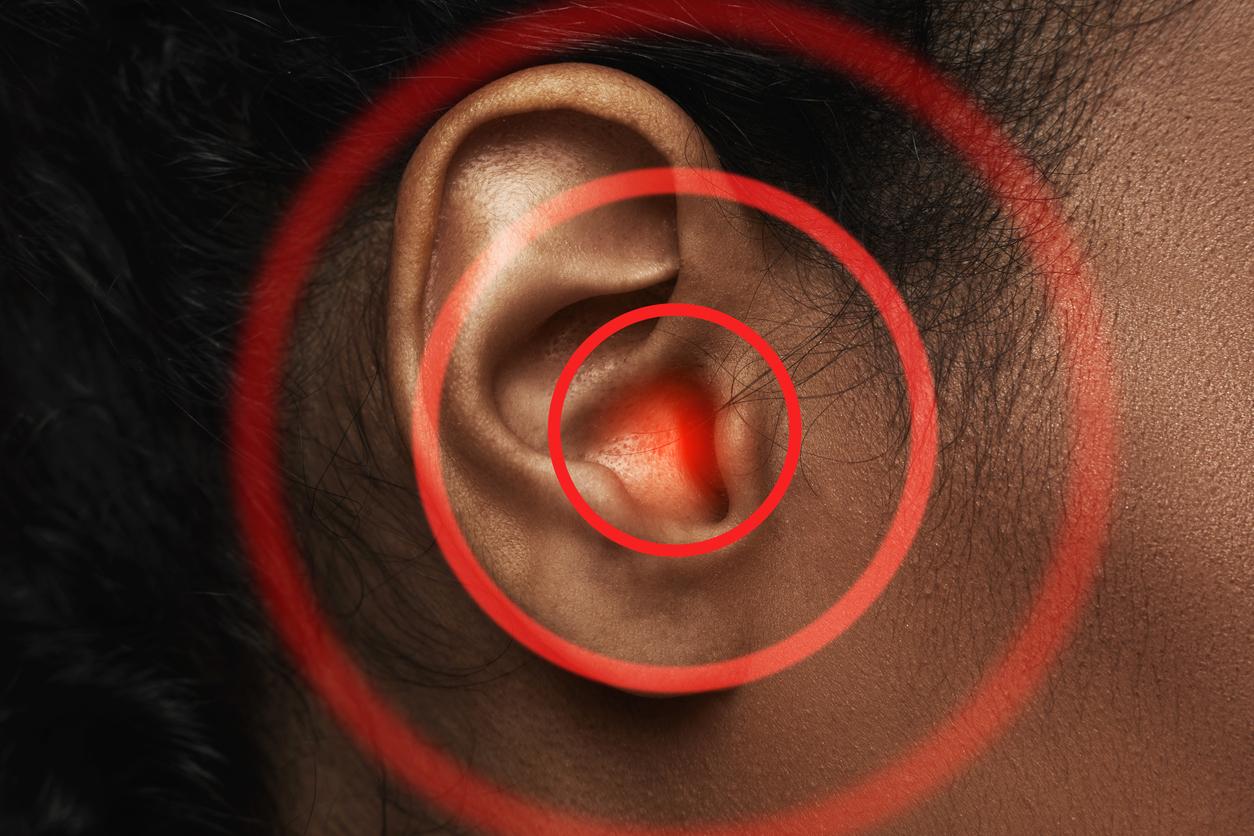On the occasion of National Hearing Day, Why Doctor publishes the good sheets of the book “Acouphenes: recognizing them and forgetting them”, by Sylvie Hébert, published by Editions du Rocher (Extract 2/2).

“Keeping a daily diary for a period of about two weeks is a concrete way to identify which lifestyle habits and which situations influence tinnitus favorably or negatively. During this period, you must write down information about your tinnitus every day, for example how noticeable they were, what their maximum intensity was, in which situation they become more or less intense, how much they influence their mood, sleep and thoughts.
With these written notes, one can more easily detect patterns between certain situations and fluctuations in tinnitus intensity. For example, one may notice that during a loud social event, the tinnitus has increased in intensity. Conversely, we can notice that a demanding and pleasant task like cooking or gardening makes you forget the tinnitus. The use of these notes is a powerful lever to take control and act on your own tinnitus. It is therefore possible to adopt functional strategies.
But beware ! When the effort required to plan and implement strategies leads to excessive stress or exhaustion, it means they are not appropriate. For example, systematically refusing all social invitations and isolating oneself to the point of restricting or excluding all opportunities for fun with friends would be an ill-adapted strategy. The opportunities to increase the tinnitus in intensity would be almost nil, but this would cause a lack of habituation to the tinnitus and an increasingly greater isolation. Moreover, it is unlikely that all situations where there would be noise lead to an increase in tinnitus. A much more suitable strategy would be to bring earplugs to dampen loud noise in this type of event, and then assess whether this strategy worked. Similarly, if cooking or gardening helps to forget the presence of tinnitus, it is possible to resort to these activities to have a respite when the tinnitus is very disturbing and to experiment with other similar activities.
Lifestyle habits encompass hearing behaviors, sleep, work, diet, consumption of coffee, alcohol, recreational drugs and medications, physical exercise, stress, hobbies, social interactions… While scientific studies have well documented the problems with sleep, stress, anxiety and smoking associated with tinnitus, studies are rarer or less conclusive regarding the effects of other habits such as exercise, consumption coffee, alcohol, drugs, salt, certain foods…
For example, it is likely that someone who drinks a lot of coffee a few hours before going to bed will experience sleep problems, which will affect the level of fatigue the next day and, therefore, the tolerance to tinnitus. A healthy lifestyle has a favorable overall effect on health and should be encouraged. However, when it comes to the effects on tinnitus of certain lifestyle habits like moderate coffee or salt consumption, the best advice is to assess them for yourself.
Keeping a diary can help identify foods or habits that amplify or decrease tinnitus. For example, if each time a certain food is eaten the tinnitus becomes intolerable, one can stop consuming it for a while and observe the effect produced on the tinnitus. We can then reintroduce the food and observe if the tinnitus becomes intolerable again. The important thing is to make only one change at a time to be able to isolate the effect of this element on tinnitus.
Keep a tinnitus diary
The vast majority of people with tinnitus come to know the variations of their tinnitus and to know which circumstances are more or less problematic. This process is often trial and error and can be time consuming. Since this is a written and systematic process, keeping a diary for a certain period of time can shorten the process. The objective is to better understand one’s own disturbing situations, whether they are tinnitus triggers, aggravating factors or facilitating conditions.
It’s also better to keep the journal for a limited time than to make it a long-term exercise. At some point, you have to let go, because the diary requires you to focus intensely and frequently on the problem of tinnitus. Keeping a long-term diary could help perpetuate the problem and produce the opposite of the desired goal, which is to not pay attention to it anymore.
To learn more, read: “Tinnitus: recognize it and forget it”by Sylvie Hébert, published by Éditions du Rocher.
















